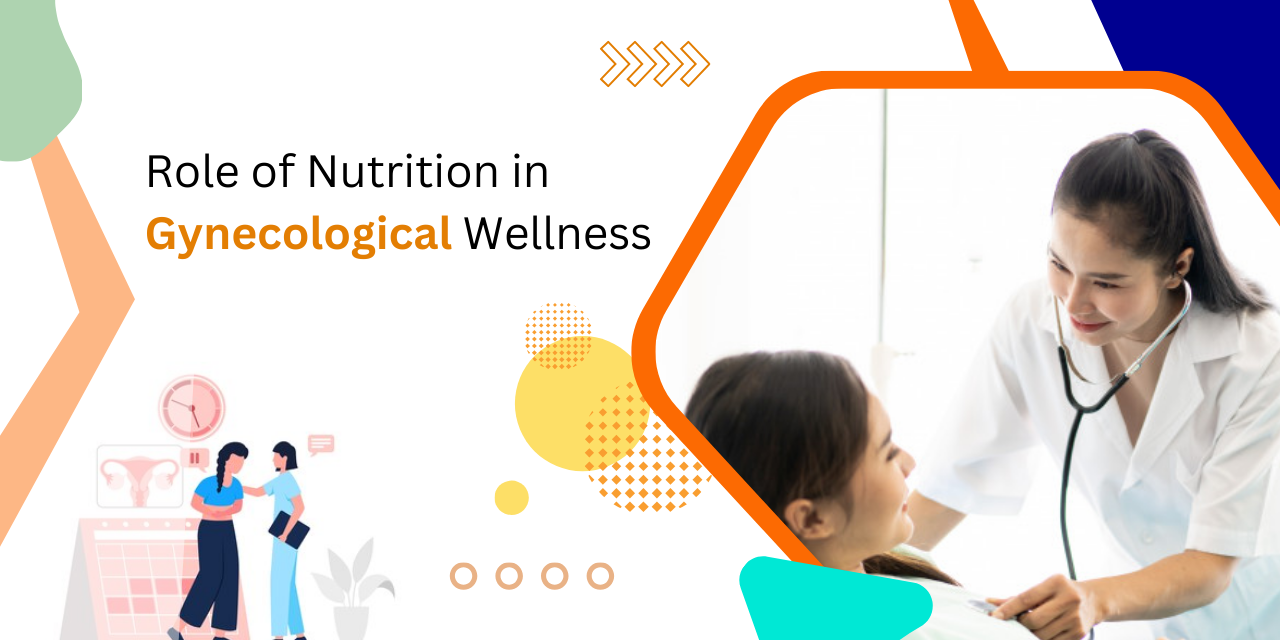Nutrition is a critical component of overall health, and its impact on gynecological wellness cannot be overstated. A balanced diet supports hormonal balance, reproductive health, and the prevention of various gynecological conditions. This article explores the significant role nutrition plays in women’s health and highlights the importance of seeking professional gynecology services in Patiala.
The Importance of Nutrition in Women’s Health
Proper nutrition is essential for maintaining a healthy reproductive system. Nutrients such as vitamins, minerals, and antioxidants play vital roles in various bodily functions, including hormone production and regulation. A well-rounded diet can help mitigate symptoms associated with menstrual cycles, menopause, and pregnancy.
⏯ Hormonal Balance:
Nutrition significantly affects hormone levels in women. A balanced diet rich in healthy fats, proteins, and carbohydrates can help regulate hormones such as estrogen and progesterone. Foods high in omega-3 fatty acids, like fish and flaxseeds, can reduce inflammation and support hormonal balance, which is crucial for menstrual health and fertility.
⏯ Menstrual Cycle Regulation:
Certain nutrients play a role in regulating the menstrual cycle. For instance, B vitamins (especially B6) are essential for hormone production and can alleviate symptoms of premenstrual syndrome (PMS). Magnesium-rich foods like nuts and leafy greens can also help reduce menstrual cramps and mood swings.
⏯ Weight Management:
Maintaining a healthy weight is crucial for gynecological wellness. Excess body fat can lead to hormonal imbalances and increase the risk of conditions such as polycystic ovary syndrome (PCOS) and endometriosis. A diet that emphasizes whole foods—fruits, vegetables, lean proteins, and whole grains—can aid in weight management and improve overall health.
⏯ Bone Health:
Women are at a higher risk of osteoporosis as they age, particularly after menopause when estrogen levels drop. Adequate intake of calcium and vitamin D is essential for maintaining bone density. Dairy products, fortified plant-based milks, leafy greens, and fatty fish are excellent sources of these nutrients.
⏯ Fertility Support:
Nutrition also plays a critical role in fertility. Antioxidant-rich foods like berries, nuts, and green vegetables can protect reproductive cells from oxidative stress. Additionally, maintaining a balanced intake of carbohydrates helps regulate insulin levels, which is important for ovulation.
Nutritional Guidelines for Gynecological Wellness
To support gynecological health through nutrition, consider the following guidelines:
- Eat a Variety of Foods: Incorporate a wide range of fruits, vegetables, whole grains, lean proteins, and healthy fats to ensure you receive all necessary nutrients
. - Limit Processed Foods: Reduce intake of refined sugars and processed foods that can lead to inflammation and hormonal imbalances.
- Stay Hydrated: Drink plenty of water throughout the day to support overall bodily functions.
- Consider Supplements Wisely: Consult with a healthcare provider before taking supplements to address specific nutritional deficiencies.
Lifestyle Factors Affecting Nutrition
In addition to dietary choices, lifestyle factors such as stress management and physical activity also influence nutritional status and gynecological health:
- Stress Management: Chronic stress can lead to hormonal imbalances that affect menstrual cycles. Practices like yoga and meditation can help manage stress levels.
- Regular Exercise: Physical activity supports weight management and improves overall health. It also enhances mood and reduces stress.
Conclusion
Nutrition plays a pivotal role in maintaining gynecological wellness by supporting hormonal balance, preventing conditions like PCOS or endometriosis, and promoting overall health. Women should prioritize a balanced diet rich in essential nutrients while also considering professional guidance from healthcare providers like Dr. Trideep Kaur at Deep Hospital.
For more information about gynecology services in Patiala or to schedule an appointment with Dr. Trideep Kaur, please contact Us Hospital at +911752282980.

